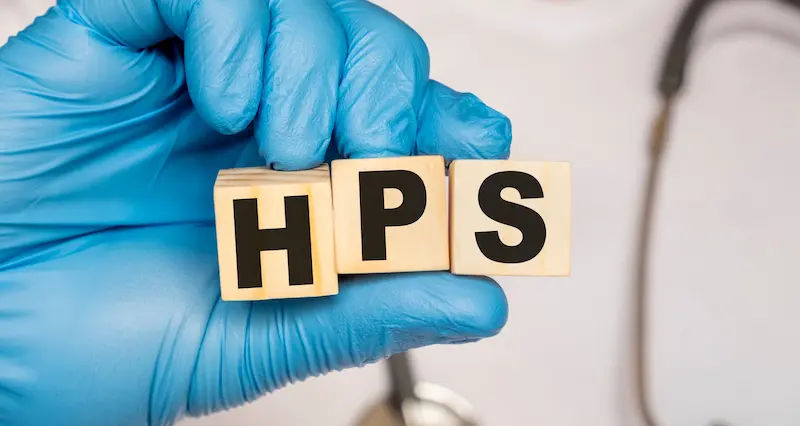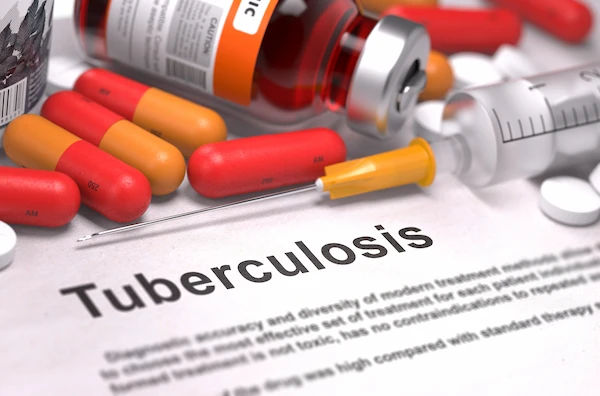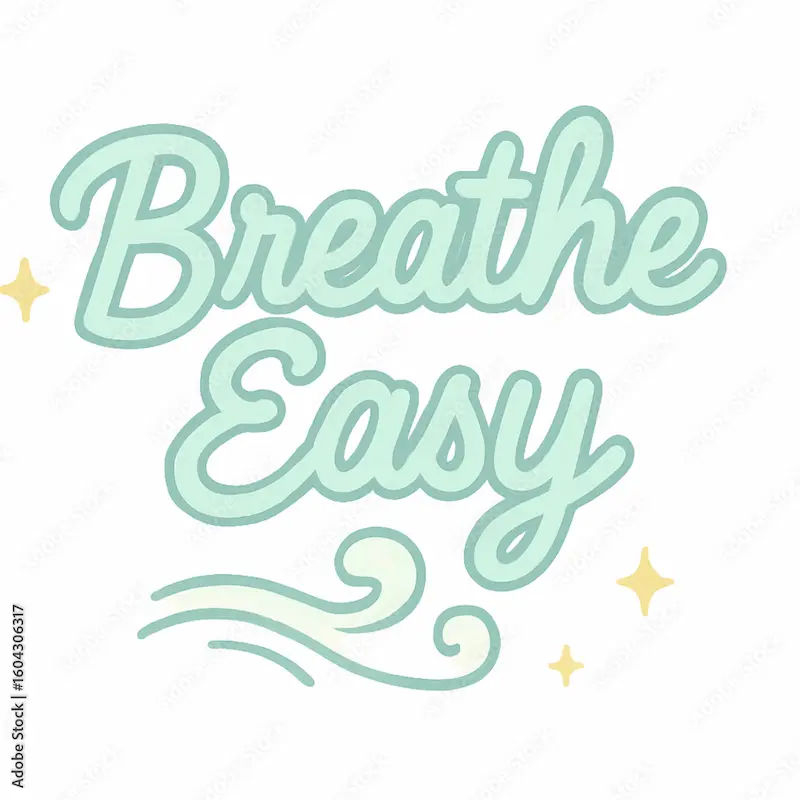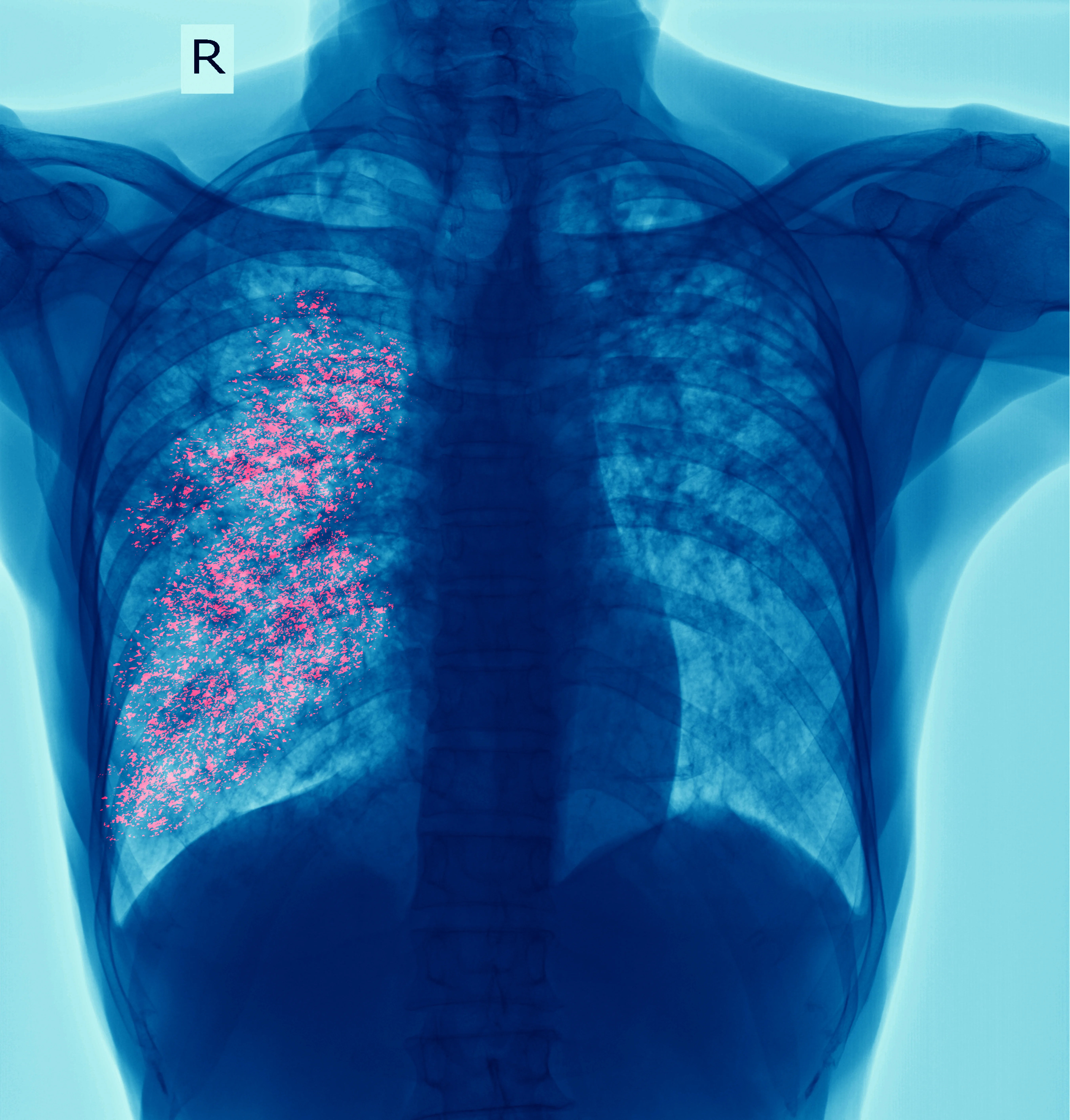- Male
- 81 Years
- 22/01/2025
I'm really worried about my loved one who's dealing with advanced chronic obstructive pulmonary disease and now also has acute congestive heart failure. His wheezing cough seems to be getting worse and he can't get any sleep because of it. Right now, he's using Combimist L respules with a nebulizer, but his LVEF percentage is down to 10. I'm really anxious to know if there are any medications or treatments that could help control his wheezing cough better. What would you suggest?
Answered by 1 Apollo Doctors
To help control his wheezing cough, I recommend adding a long-acting bronchodilator such as Formoterol (brand name: Foracort) to his treatment regimen. The recommended dosage would be 1-2 inhalations twice daily. Additionally, a corticosteroid inhaler like Fluticasone (brand name: Flohale) can be added to reduce airway inflammation. The usual dosage would be 2 inhalations twice daily. These medications can help improve his symptoms and quality of life.
Dr. Anshul Suggests...
Consult a Pulmonology Respiratory Medicine Specialist
Answered 04/07/2025
0
0

More Pulmonology/ Respiratory Medicine Health Queries
View allI've been having a tough time with wheezing, chest congestion, and breathing issues whenever the weather changes or I'm around dust. I'm allergic to dust and pollution, and it's really becoming a problem. Sometimes, I have to rely on my inhaler, but I'm trying to find a way to live a healthier life without having to use it so much. Any advice on how I can manage this better and reduce my inhaler use?
Good decision
Answered by 1 Apollo Doctors
Hey, I'm reaching out about my niece who's 13. She was diagnosed with typhoid in November, and they've been giving her really strong meds for that, along with malaria and dengue because she had a fever back then too. Now they've found out she has TB, and I'm desperately searching for a good TB doctor for her. She's gotten so weak she can't even swallow the meds now, and it's really hard to see her like this. Can you help?
consult a pediatrician or a pulmonologist
Answered by 1 Apollo Doctors
I'm a TB patient and I've been on government-prescribed medicine for 22 days now, but I haven't noticed any improvement. Should I consider switching to a private treatment option?
Continue same treatment for 6 months ATT is advised to the patient.
Answered by 1 Apollo Doctors
Disclaimer: Answers on Apollo 247 are not intended to replace your doctor advice. Always seek help of a professional doctor in case of an medical emergency or ailment.





